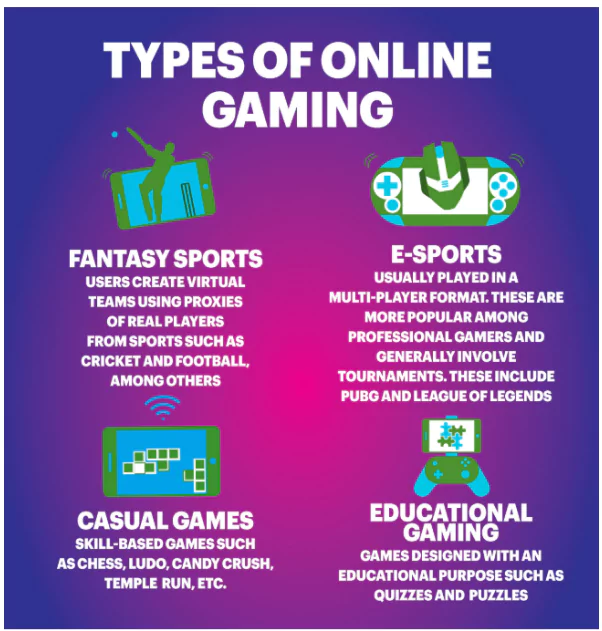![]() 13 Mar 2025
13 Mar 2025

The Supreme Court has recently stayed the Union government’s order demanding retrospective GST on the online gaming sector accounting ₹1.12 lakh crores highlighting the need to deregulate the online gaming sector.
 These games are recognized as legitimate forms of gaming and are exempted them from prohibitory gambling laws.
These games are recognized as legitimate forms of gaming and are exempted them from prohibitory gambling laws.
Important Judgement on Game of Skill Vs Game of Chance
|
|---|
Regulatory Provisions for Online Gaming Sector
|
|---|
<div class="new-fform">
</div>